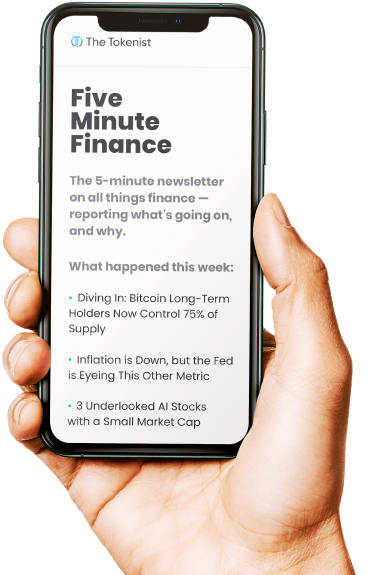
Why did Williams-Sonoma, Inc. Shares Dip in Premarket Trading Today?
Williams-Sonoma, Inc. (NYSE: WSM) shares fell 3.04% in premarket trading on Friday, September 26, 2025, following President Donald Trump’s announcement of new tariffs on furniture imports. The home furnishings retailer, which operates brands including Pottery Barn, West Elm, and Williams Sonoma, saw its stock drop to $195.01 from the previous close of $200.39. The decline comes as the Trump administration prepares to implement a 50% tariff on kitchen cabinets and bathroom vanities, along with a 30% levy on upholstered furniture, effective Wednesday.
Trump’s New Furniture Tariffs Target Import-Heavy Industry
President Trump announced the new tariffs on his Truth Social platform, citing the “large scale ‘FLOODING’ of these products into the United States by other outside Countries” as justification for the measures. The 50% tariff on kitchen cabinets, bathroom vanities, and similar products, combined with the 30% levy on upholstered furniture, directly targets categories that represent core business segments for Williams-Sonoma and its competitors. Trump stated the tariffs are necessary “for National Security and other reasons” to protect domestic manufacturing processes.
The timing of these tariffs poses immediate challenges for furniture retailers, as the measures take effect on Wednesday, giving companies little time to adjust their supply chain strategies. The tariffs specifically impact imports from China, Vietnam, and other Southeast Asian countries, which represent key sourcing regions for Williams-Sonoma’s product lines. RH CEO Gary Friedman had previously warned about potential furniture tariffs earlier this month, noting that high-quality wood and metal furniture manufacturing “does not exist at scale in America” and would require years of investment in facilities and workforce development.
The announcement triggered a broader selloff among furniture retailers, with Wayfair stock falling 3.5%, RH declining 4.2%, and Williams-Sonoma dropping 2.5% in premarket trading. The market reaction reflects investor concerns about the immediate impact on profit margins and the longer-term implications for companies heavily dependent on imported furniture and home goods.
Join our Telegram group and never miss a breaking digital asset story.
WSM Stock Trends Lower Despite Strong Long-Term Gains
Williams-Sonoma shares closed at $201.11 on Thursday, representing a modest 0.36% gain, before the premarket decline to $195.01. The stock has demonstrated strong long-term performance, with a 37.18% return over the past year and an impressive 410.33% gain over five years, significantly outperforming the S&P 500’s 100.24% five-year return. The company maintains a market capitalization of $24.49 billion and trades at a trailing P/E ratio of 22.40.
The San Francisco-based retailer operates as an omni-channel specialty retailer with 625 physical stores and distributes to more than 60 countries through brands including Williams Sonoma, Pottery Barn, West Elm, and Rejuvenation. With annual revenue of $7.83 billion and a profit margin of 14.39%, the company has built a strong financial foundation. However, the new tariffs pose a direct threat to this profitability, as Williams-Sonoma relies heavily on imports from the targeted regions for its furniture and home furnishing products.
Analysts currently maintain an average price target of $204.84 for Williams-Sonoma shares, with recommendations ranging from a low of $138.00 to a high of $230.00. The latest analyst rating from JP Morgan on August 28, 2025, maintained a neutral rating while raising the price target from $168 to $215. The upcoming earnings date of November 26, 2025, will provide crucial insights into how the company plans to navigate the new tariff environment and its impact on future profitability.
Disclaimer: The author does not hold or have a position in any securities discussed in the article. All stock prices were quoted at the time of writing.




